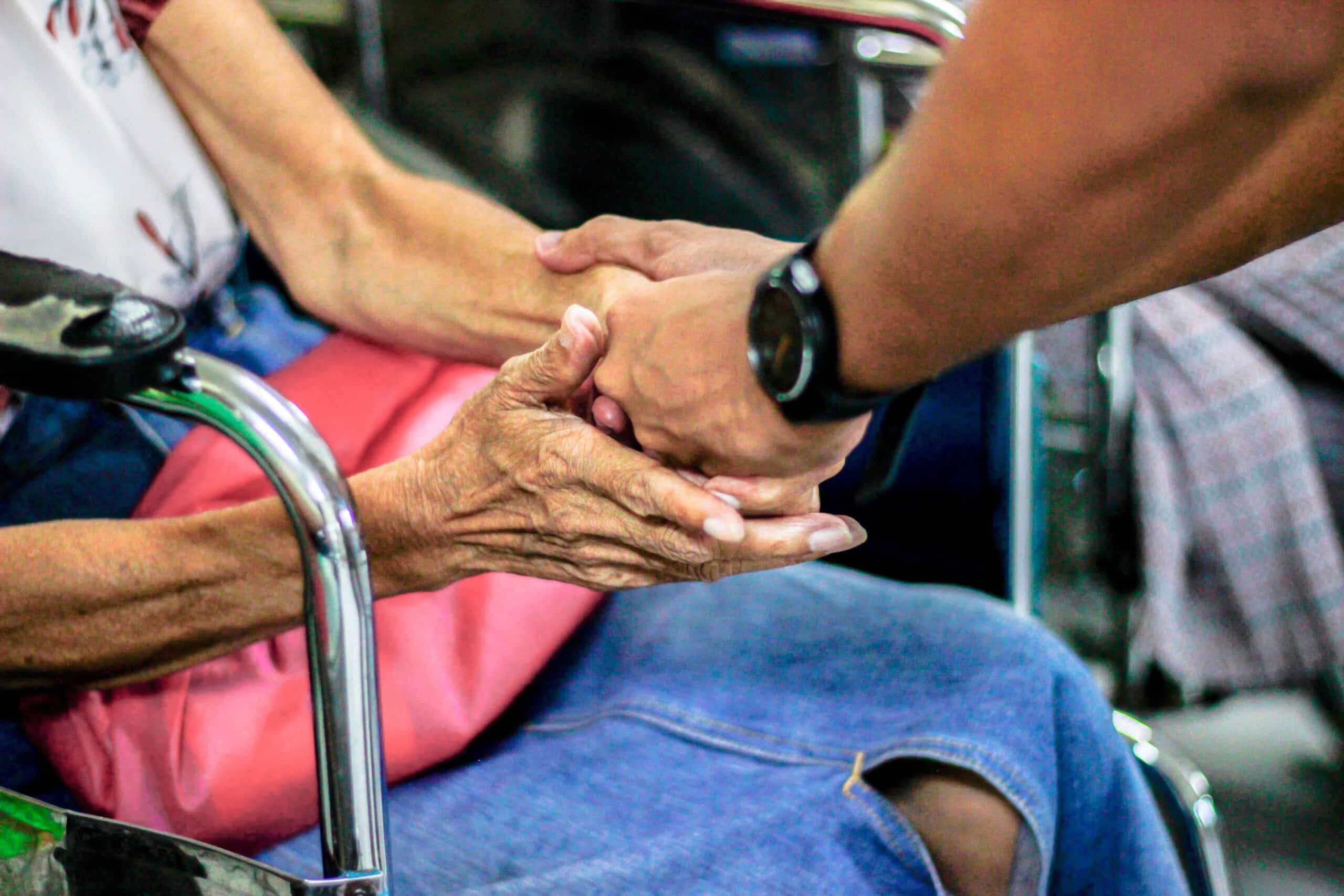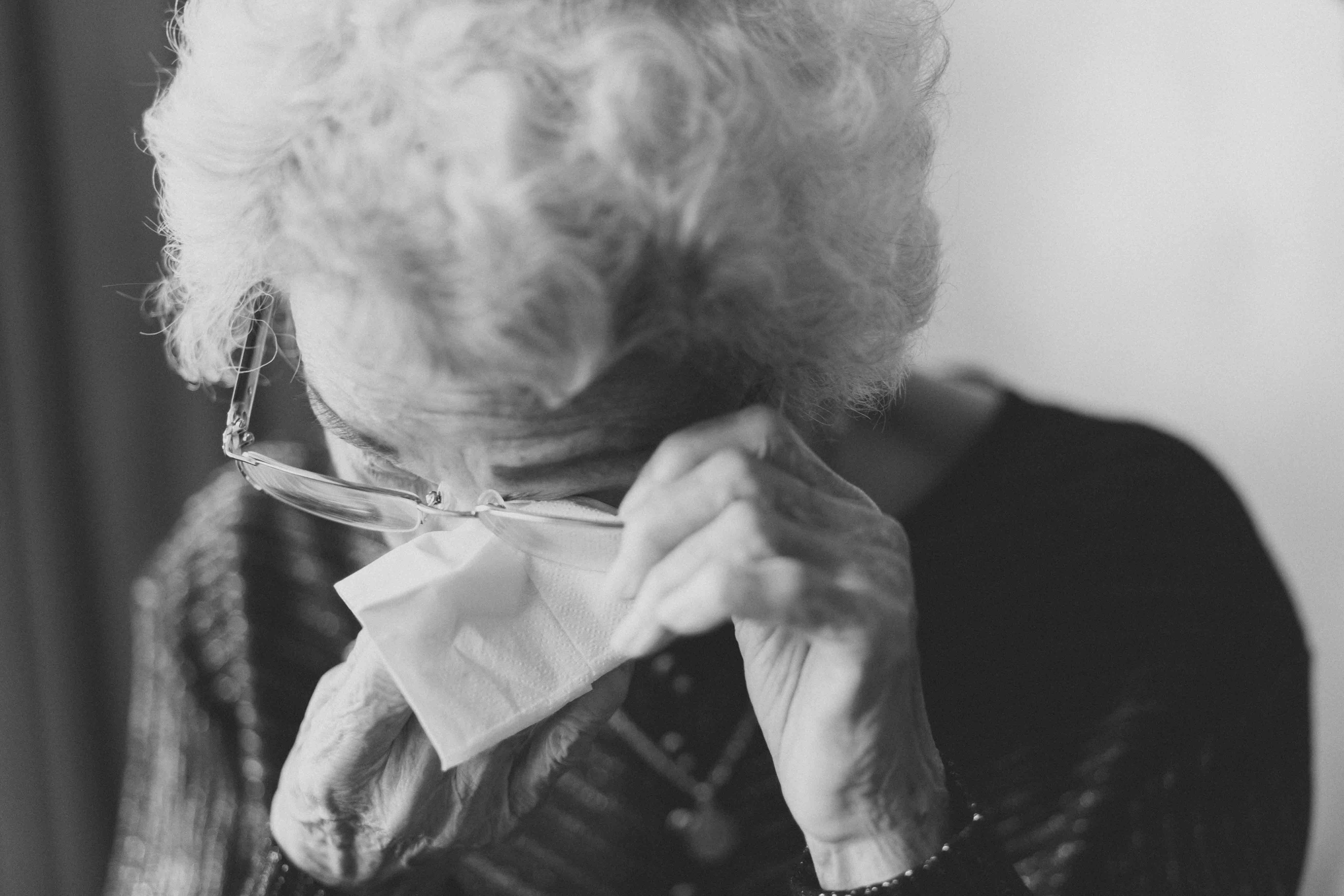Respite Care: A Nurturing Break for Caregivers and Loved Ones
As a hospice chaplain, I have seen firsthand how essential care and support are for those living with chronic or terminal illnesses. This journey is not only physically and emotionally demanding for the patients, but also for their caregivers. Providing care for a loved one is a labor of love, but the physical and emotional demands can be overwhelming. I have spoke with many caregivers and they continue to push on out of shame and guilt when admitting they need a break. Stepping back from guilt, it is important for caregivers to take breaks, recharge, and care for themselves too. If a caregiver never cares for themselves, they will eventually not be able to care for others. Respite care is one such service that offers relief to caregivers while ensuring the well-being of their loved ones.
If a caregiver never cares for themselves, they will eventually not be able to care for others.
Nick Farr
Respite care is a temporary relief service for caregivers, providing them with a break from their daily responsibilities. This service can be offered in various settings, including at home, in a care facility, or at a specialized respite care center. The duration can range from a few hours to several days, depending on the needs and preferences of the family.
During the respite period, trained professionals step in to take over caregiving duties. They provide companionship, assistance with daily tasks, and medical support, as needed. Their presence ensures that the patient continues to receive the appropriate care, while the caregiver can take a break to rest, recharge, and tend to personal matters.
The benefits of respite care are numerous and extend to both the caregiver and the patient. For caregivers, respite care can:
- Reduce stress and burnout: Caregiving can be physically and emotionally exhausting. Taking breaks can help prevent burnout and reduce stress levels.
- Preserve personal well-being: Caregivers can use the respite time to attend to their own health, socialize with friends and family, or engage in hobbies and interests that bring them joy.
- Strengthen relationships: A break can offer caregivers the opportunity to reconnect with their loved ones on a more personal level, separate from their caregiving role.
For patients, respite care can:
- Provide a change of scenery and social interaction: Respite care can offer new experiences, environments, and opportunities for social engagement that can be refreshing and stimulating.
- Foster a sense of independence: Temporary relief from constant caregiving can help patients maintain a sense of autonomy and dignity.
- Enhance overall well-being: Patients often experience an improvement in their emotional state when they see their caregivers taking care of themselves and returning refreshed and rejuvenated.
In conclusion, respite care is a vital service that provides temporary relief for caregivers and their loved ones. It is an essential part of a comprehensive care plan, allowing caregivers to maintain their well-being, and ensuring that patients continue to receive the best possible care. Even if you choose not to request respite care, you the caregiver need to make sure and take care of yourself.
Resources
- ARCH National Respite Network and Resource Center: https://archrespite.org/
- Family Caregiver Alliance: https://www.caregiver.org/respite
- National Institute on Aging: https://www.nia.nih.gov/health/what-respite-care
- AARP: https://www.aarp.org/caregiving/home-care/info-2017/respite-care.html
- Caregiver Action Network: http://caregiveraction.org/resources/respite










